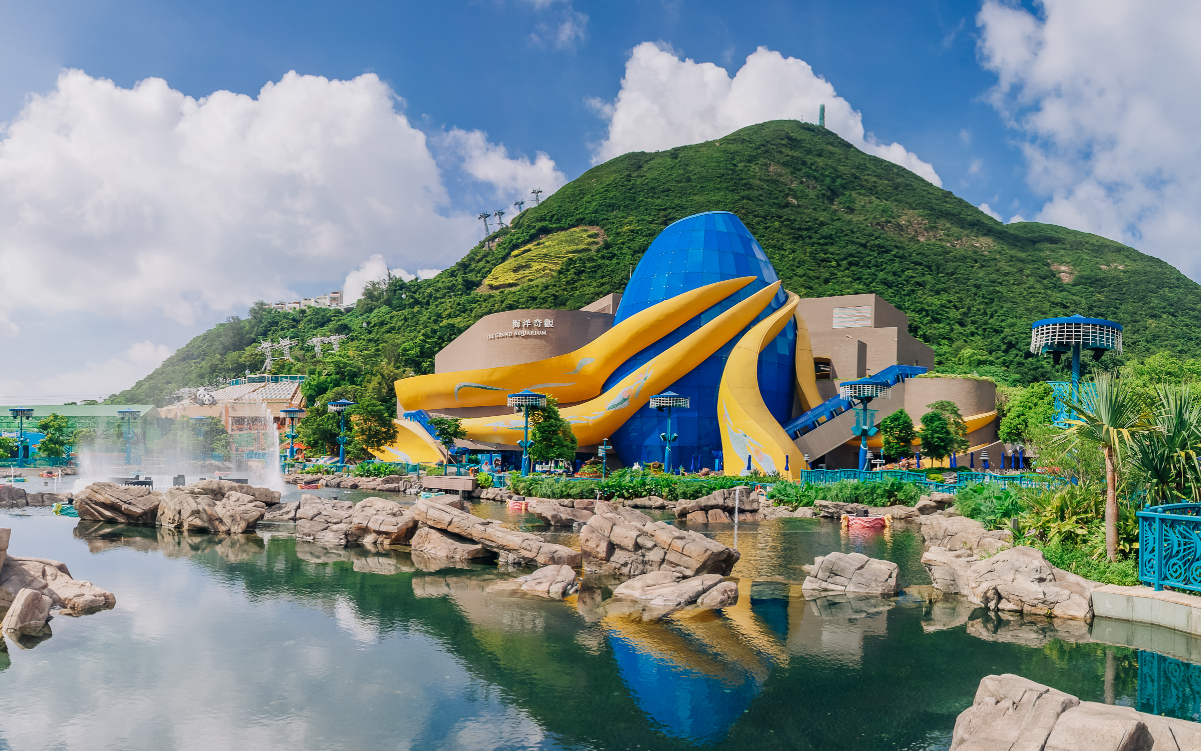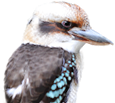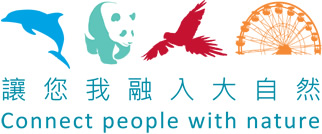오션파크로 떠나는 즐거운 여행에 필요한 모든 것
Ocean Park and Hong Kong Guide Dogs Association (HKGDA) have signed a Memorandum of Understanding (MOU), which will see the Park provide technical assistance in the processing and storage of local guide dog semen to HKGDA for a period of five years from June 2020 to June 2025. The collaboration aims to alleviate the long-existing shortage of guide dogs in Hong Kong by increasing the number of locally bred guide dogs to better meet the needs of the city’s visually impaired community.
Guide dogs are professionally trained dogs which not only provide enhanced mobility and safety for the visually impaired, but also serve as reliable companions in helping their owners expand their social circles and live with independence and dignity. There are around 175,000 people with visual impairments in Hong Kong¹. However, currently there are only about 45 working guide dogs in the city, and the demand for guide dog service far exceeds supply.
“The partnership between a guide dog and its visually impaired owner is life-changing. The Park is delighted to join forces with HKGDA to strengthen local guide dog breeding in the hope of boosting the number of successfully trained guide dogs in the city, who will go on to help empower their human partners to live a more fulfilling life,” said Dr Paolo Martelli, Director of Veterinary Services at Ocean Park. “We will share our professional knowledge and the Park’s leading-edge laboratory facilities to help collect, process and store the semen of guide dogs suitable for breeding.”
“The key reason for the lack of guide dogs in Hong Kong is the difficulties in breeding and training them locally. The criteria for selecting dogs for breeding stock or training programmes are extremely stringent. Among the puppies qualified to be trained, under 70% will graduate and successfully enter into service. Moreover, some dog breeds are not suitable for the hot and humid weather, or Hong Kong’s narrow and busy streets. Considering all these factors, coupled with the lack of support from local facilities, the choice of suitable guide dog breeds for Hong Kong has become very limited. That is why most of the guide dogs in Hong Kong are imported from overseas, which involves a high cost that makes it an unaffordable option for our guide dog school. Local breeding is a good way to increase the number of suitable guide dogs, but we have occasionally missed the optimal time for the insemination process during the fertility window due to unexpected delays in semen shipments from overseas. Our collaboration with Ocean Park will surely help solve this issue,” said Lam Wai Pong, Chairman of Hong Kong Guide Dogs Association.
“With Ocean Park’s advanced facilities and expert veterinary team, this collaboration is set to enhance Hong Kong’s guide dog breeding capability and capacity. It is now possible for us to deploy the trans-cervical insemination (TCI) technique, which HKGDA has newly acquired, to freeze and store the semen of professional guide dogs in a high quality way. Our target is to increase the number of potential guide dog puppies born locally, and to double the number of capable guide dogs to serve more visually impaired people in the near future. We are grateful to have Ocean Park’s support not only on the breeding programme, but also in welcoming guide dogs and the visually impaired to the Park. We hope the wider community will continue to work together for an inclusive society,” continued Lam.
Ocean Park and HKGDA have a long-standing working relationship in promoting the integration of people with disabilities and able-bodied people. Since 2013, the Park has installed guide dog latrines and allowed guide dogs with identity documents issued by HKGDA, or any other equivalent authorising organisations, to be brought into the Park, and visit designated in-Park facilities and attractions.
Ocean Park has long championed an extensive array of local biodiversity conservation and wildlife protection initiatives. The Park’s Veterinary Team conduct wildlife rescue operations and rehabilitation, help train veterinary medicine and life sciences students, and promote conservation awareness among the general public on a regular basis. Such efforts include cetacean stranding investigation, wild macaque and wild boar contraceptive programmes, and more. The collaboration with HKGDA further demonstrates how the Park strives to contribute its conservation and animal husbandry expertise to the betterment of the Hong Kong community.
¹ According to the Special Topics Report No. 62 "Persons with disabilities and chronic diseases" issued by HKSAR Census and Statistics Department in 2014.
Guide dogs are professionally trained dogs which not only provide enhanced mobility and safety for the visually impaired, but also serve as reliable companions in helping their owners expand their social circles and live with independence and dignity. There are around 175,000 people with visual impairments in Hong Kong¹. However, currently there are only about 45 working guide dogs in the city, and the demand for guide dog service far exceeds supply.
“The partnership between a guide dog and its visually impaired owner is life-changing. The Park is delighted to join forces with HKGDA to strengthen local guide dog breeding in the hope of boosting the number of successfully trained guide dogs in the city, who will go on to help empower their human partners to live a more fulfilling life,” said Dr Paolo Martelli, Director of Veterinary Services at Ocean Park. “We will share our professional knowledge and the Park’s leading-edge laboratory facilities to help collect, process and store the semen of guide dogs suitable for breeding.”
“The key reason for the lack of guide dogs in Hong Kong is the difficulties in breeding and training them locally. The criteria for selecting dogs for breeding stock or training programmes are extremely stringent. Among the puppies qualified to be trained, under 70% will graduate and successfully enter into service. Moreover, some dog breeds are not suitable for the hot and humid weather, or Hong Kong’s narrow and busy streets. Considering all these factors, coupled with the lack of support from local facilities, the choice of suitable guide dog breeds for Hong Kong has become very limited. That is why most of the guide dogs in Hong Kong are imported from overseas, which involves a high cost that makes it an unaffordable option for our guide dog school. Local breeding is a good way to increase the number of suitable guide dogs, but we have occasionally missed the optimal time for the insemination process during the fertility window due to unexpected delays in semen shipments from overseas. Our collaboration with Ocean Park will surely help solve this issue,” said Lam Wai Pong, Chairman of Hong Kong Guide Dogs Association.
“With Ocean Park’s advanced facilities and expert veterinary team, this collaboration is set to enhance Hong Kong’s guide dog breeding capability and capacity. It is now possible for us to deploy the trans-cervical insemination (TCI) technique, which HKGDA has newly acquired, to freeze and store the semen of professional guide dogs in a high quality way. Our target is to increase the number of potential guide dog puppies born locally, and to double the number of capable guide dogs to serve more visually impaired people in the near future. We are grateful to have Ocean Park’s support not only on the breeding programme, but also in welcoming guide dogs and the visually impaired to the Park. We hope the wider community will continue to work together for an inclusive society,” continued Lam.
Ocean Park and HKGDA have a long-standing working relationship in promoting the integration of people with disabilities and able-bodied people. Since 2013, the Park has installed guide dog latrines and allowed guide dogs with identity documents issued by HKGDA, or any other equivalent authorising organisations, to be brought into the Park, and visit designated in-Park facilities and attractions.
Ocean Park has long championed an extensive array of local biodiversity conservation and wildlife protection initiatives. The Park’s Veterinary Team conduct wildlife rescue operations and rehabilitation, help train veterinary medicine and life sciences students, and promote conservation awareness among the general public on a regular basis. Such efforts include cetacean stranding investigation, wild macaque and wild boar contraceptive programmes, and more. The collaboration with HKGDA further demonstrates how the Park strives to contribute its conservation and animal husbandry expertise to the betterment of the Hong Kong community.
¹ According to the Special Topics Report No. 62 "Persons with disabilities and chronic diseases" issued by HKSAR Census and Statistics Department in 2014.







